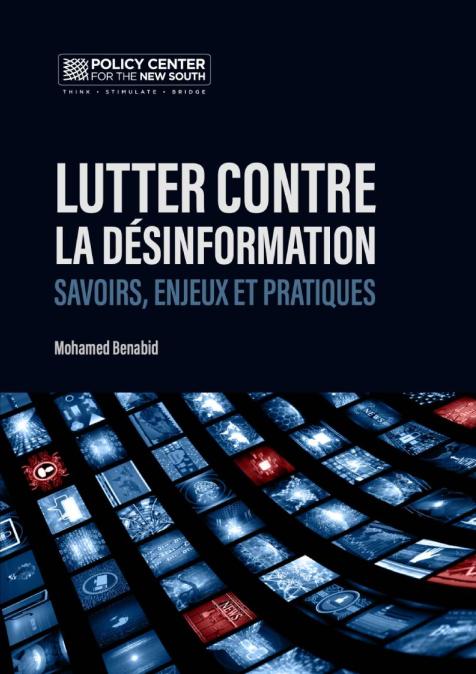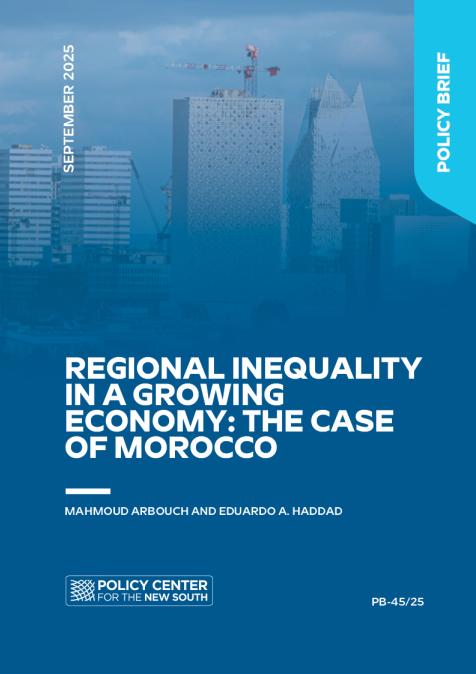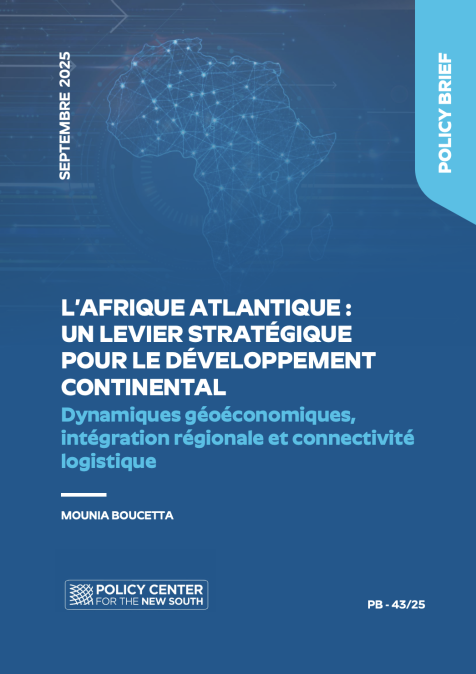Chair
- Nobumitsu Hayashi, Governor, Japan Bank for International Cooperation (JBIC)
Presenter
- Rajat Nag, Distinguished Fellow, Emerging Markets Forum (EMF)
Discussants
- María Eugenia Brizuela de Avila, Director, Inversiones Vision
- Larabi Jaïdi, Senior Fellow, Policy Center for the New South (PCNS)
- Abdoulie Janneh, Executive Director and Board Member, Mo Ibrahim Foundation
- Djoomart Otorbaev, Former Prime Minister of Kyrgyzstan
- Sommai Phasee, Chairman, Thailand Bond Market Association
Launch of the latest EMF publication: “From Here to Denmark ..the importance of institutions for good governance” by Rajat Nag and Harinder Kohli









